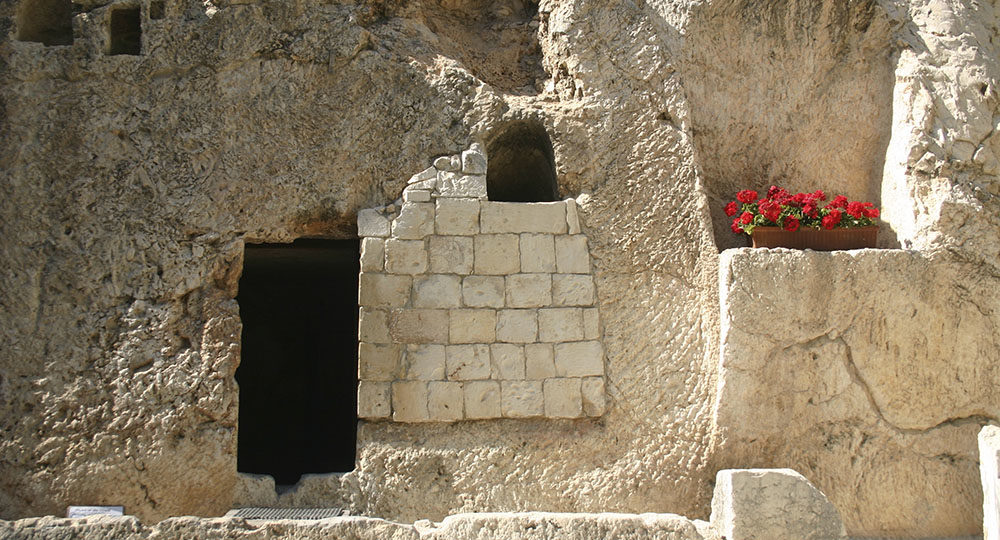

3 thoughts on “The Gospel According to Isaiah”
Leave a Reply
You must be logged in to post a comment.

You must be logged in to post a comment.
Christianity is nothing like other reli- gions. In a dangerous world, people need the whole counsel of God. If you don’t think so, you’ll want to read this article.
He moved with grace through the culture of his day. That was Isaiah, a prince of prophets, whom you’ll get to know better through this excellent article.
Many people think the gospel is strictly a New Testament phenomenon. However, the elements of sin, repen- tance, and faith in God alone are con- tained in the book of Isaiah.
Is God finished with Israel? By no means. Israel’s return, redemption, and restora- tion to its land are key themes through- out the book of Isaiah. See for yourself!
Some say more than one man wrote the book of Isaiah because no one can fore- see the future. Really? Here’s evidence to the contrary.
Is Victor Buzbazens article on Isaiah available. Kind regards. Verne Mutton
Hi Verne,
Thank you for your question. We offer Victor Buksbazen’s book “The Prophet Isaiah” in our online store. You can purchase it here: https://store.foi.org/p-95-the-prophet-isaiah.aspx. We also offer his book “Isaiah’s Messiah” which is available here: https://store.foi.org/p-93-isaiahs-messiah.aspx.
Thank you and have a blessed day!